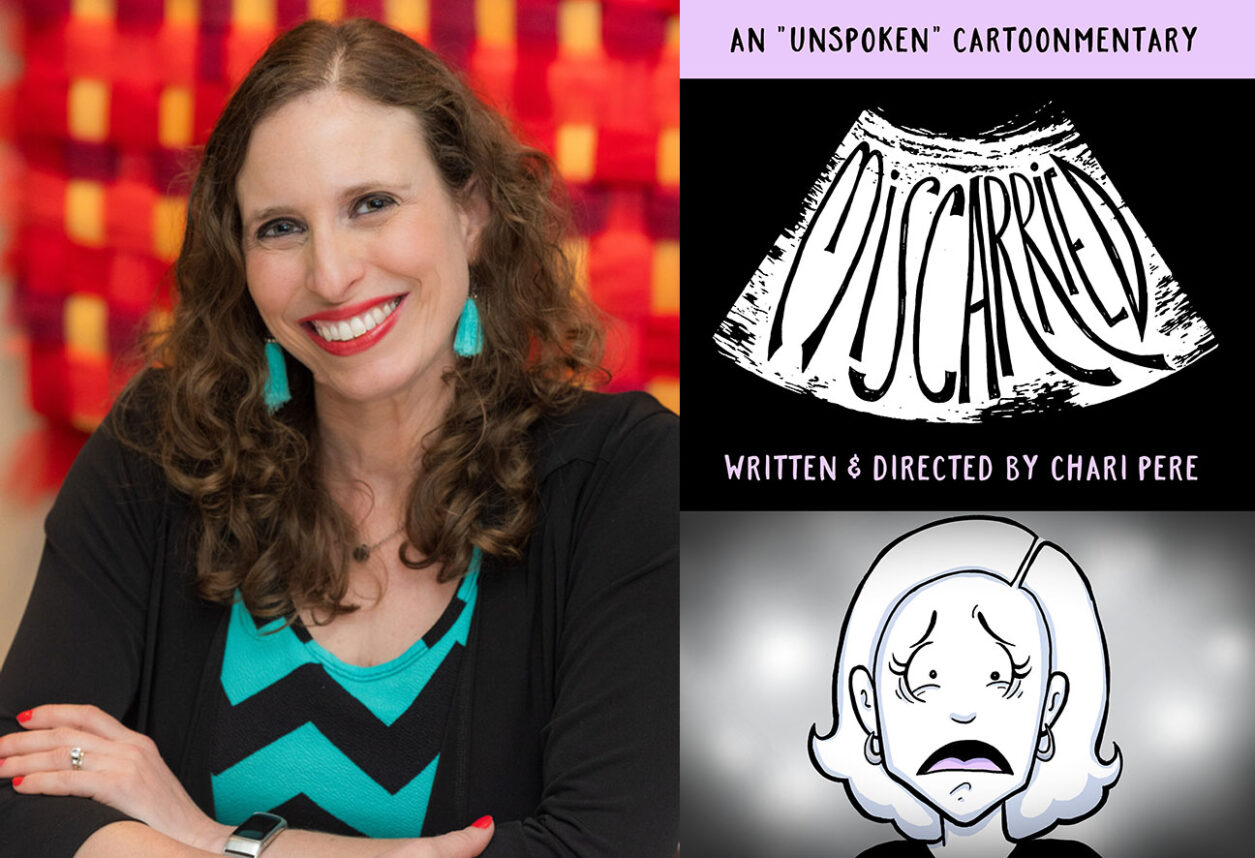A few times over the last couple of weeks. I’ve asked myself, “What’s the lesson to be derived from the sordid tales of Anthony Weiner, John Edwards, Arnold Schwarzenegger et.al?” I mean aside from the lessons we already know: that one should avoid doing stupid things, things that are hurtful and destructive to the people you love, things that are exploitative of people who may be in a position of relative weakness. Is there something else, something larger, that can only be seen by taking one step back, and considering these sorry stories within the larger framework of Jewish thought?
The conclusion I came to is that this is a great time to look again at that sometimes-maligned Jewish value called tzniut, physical modesty. It’s a sometimes-maligned value because people tend to think that it’s fundamentally about the superficial matter of how people dress, and further that it’s specifically about how women dress, or even further that it’s about placing the responsibility upon women to save men from their own out-of-control libidos or utter lack of moral compass. But this is all wrong. Tzniut surely has implications for dress – for both genders alike! – but it’s fundamentally about a core ethical belief, the very core ethical belief that you can bet was nowhere to be found when these sexual scandals originated.
What core ethical belief does physical modesty express and uphold? The answer is simple. The belief in human dignity. The idea that every person possesses an attribute that endows him with ultimate value, and which demands that she be the recipient of honor, respect and equal treatment. And that this attribute is in no way connected to anything physical or visible. In fact it exists even when the physical is compromised or degraded. It’s the meta-physical attribute we call human dignity. And it’s ultimately the only trait that we believe ought to define a person’s worth, and ought to determine the way in which we relate to and interact with another person. And dignity’s advocate and guardian is the value we call tzniut.
Properly lived, tzniut is the way we express our commitment to the ideal of building a society, in which no one of us thinks about or defines themselves or anyone else in terms his / her physical attributes. It’s lived out through carrying ourselves, and teaching our children to carry themselves, entertaining ourselves, and teaching our children to entertain themselves, and indeed dressing ourselves, and teaching our children to dress themselves, in a way that insists that dignity – and dignity alone – be understood as the core of human identity. It’s a way of looking at the world that renders it unthinkable to abuse or exploit, to cheapen or demean another human being – to see them merely as an object of entertainment or sexual gratification. The rope with which we try to pull the world out of the muck of its worst and most ancient habits and attitudes, is the notion of human dignity. And the muscle with which we pull it, is the steady, continuous commitment to the value we call tzniut.
We of course acknowledge that we are physical, sexual beings. But when, through the practice of tzniut, we see others as defined not by their bodies but by their human spirit, we come to understand that our sexuality is a Divine gift to be cherished, not a primal urge to be satisfied. This is the crazy Jewish idea, first expressed in chapter of two of the Torah, and then embedded in all of the laws concerning on what occasions and with what frequency a husband and wife are to engage in intimacy, that human sexuality is an instrument God gave to us through which to fully know our life partner, to find ecstatic joy in the marital relationship, to continuously renew an everlasting covenant. What an unthinkable betrayal of God’s generosity it would be, to reduce this gift to a tool of mere physical gratification. Our Sages regarded the sin of adultery to be rooted in a kind of insanity. This is a perspective anchored in our beliefs about human dignity, supported by our practice of tzniut, and our reservation of ourselves as sexual beings to our spouses alone.
The big lesson here, is that our tradition and practice of physical modesty is not a medieval relic, but a guardian of our most cherished modern ethical beliefs.





















 More news and opinions than at a Shabbat dinner, right in your inbox.
More news and opinions than at a Shabbat dinner, right in your inbox.